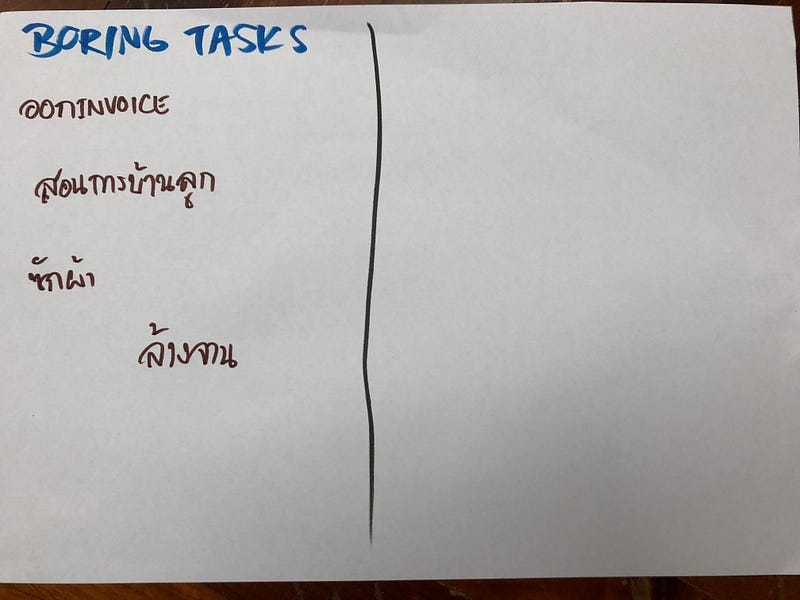Empirical process control in Scrum
Scrum framework is based on empirical process control, i.e. you inspect and adapt to achieve the goal. In my CSM course, we do an exercise to relate empirical process control with events defined in Scrum framework. The below table is one typical outcome.
|
Event |
Goal |
Who |
Information for Inspection |
Example about Adaptation |
|
Daily Scrum |
Sprint goal
|
Team |
- Story/task status - Impediments - Sprint burndown - Risks |
- Add/remove/update tasks - Change daily plan to work on different tasks or solve impediments - Renegotiate on stories - Sprint abnormal termination |
|
Sprint Review |
Product goal (1)
|
Product Owner |
- Product increment - Product backlog - Release burndown - Risks |
- Add/remove/update story in backlog - Change priority - Next sprint goal - Update release plan - Cancel the project |
|
Sprint Retrospective |
Process goal (2)
|
Scrum team |
- What happened in the last sprint? - Any data (sprint backlog, sprint burrndown, bugs, etc.)? - What worked well? - What can be improved? |
- Improvement actions - Update working agreement - Expand DoD - Try pair programming - Setup CI server |
Notes:
- Product goal. If your release after multiple sprints, for each sprint, release goal guides your inspection and adaptation in each sprint. However, in some domains where you release in every sprint, or even daily, product vision and roadmap guides your sprint-by-sprint inspection and adaptation.
- Process goal. You may define your improvement vision for the next period (multiple sprints) by team envisioning workshop, assessment such as health check.





